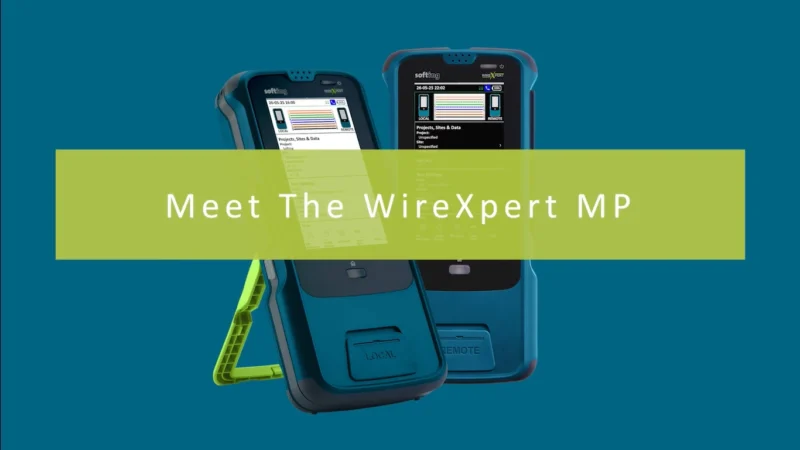Ericsson and the Convergence of 5G and Automation in Manufacturing
The Convergence of 5G and Automation in Manufacturing: A New Industrial Revolution
The manufacturing industry stands at an inflection point. Advances in 5G technology and automation are coming together to transform the way products are made, and the role that humans and machines play in this process. Per Treven, Director of Business Development at Ericsson, joins the Getting Smart show to discuss.
With the integration of 5G networks, robotics and autonomous mobile robots are redefining the boundaries of automation. Unlike traditional Wi-Fi systems, 5G offers key advantages such as exceptional reliability, expansive coverage, and the ability to handle a dense array of connected devices. This makes it an obvious choice for the complex ecosystem of a modern manufacturing floor.
This shift in technology is particularly strategic when one considers the demographic realities of an aging workforce. Automation powered by 5G can help offset the implications of a shrinking workforce, thus ensuring that production capacities remain unaffected.
The impact is global. Take, for example, China’s rapid automation strategies. Countries with large labor reserves are taking a calculated risk, automating large swathes of their manufacturing processes. This is bound to influence how other nations approach automation, and potentially revitalize manufacturing sectors, like that in the U.S., that have waned in recent decades.
But 5G is not just a tool for enhancing existing processes; it’s an innovation platform. From facilitating real-time data analytics to enabling remote monitoring and control, the potential applications are staggering. Businesses must stay ahead of the curve by understanding the market dynamics driving the adoption of these technologies and preparing for a future that looks dramatically different from today.
With companies like Ericsson leading the charge, the marriage of 5G and automation promises a transformative impact on manufacturing globally. The future is not just automated; it’s hyper-connected.









